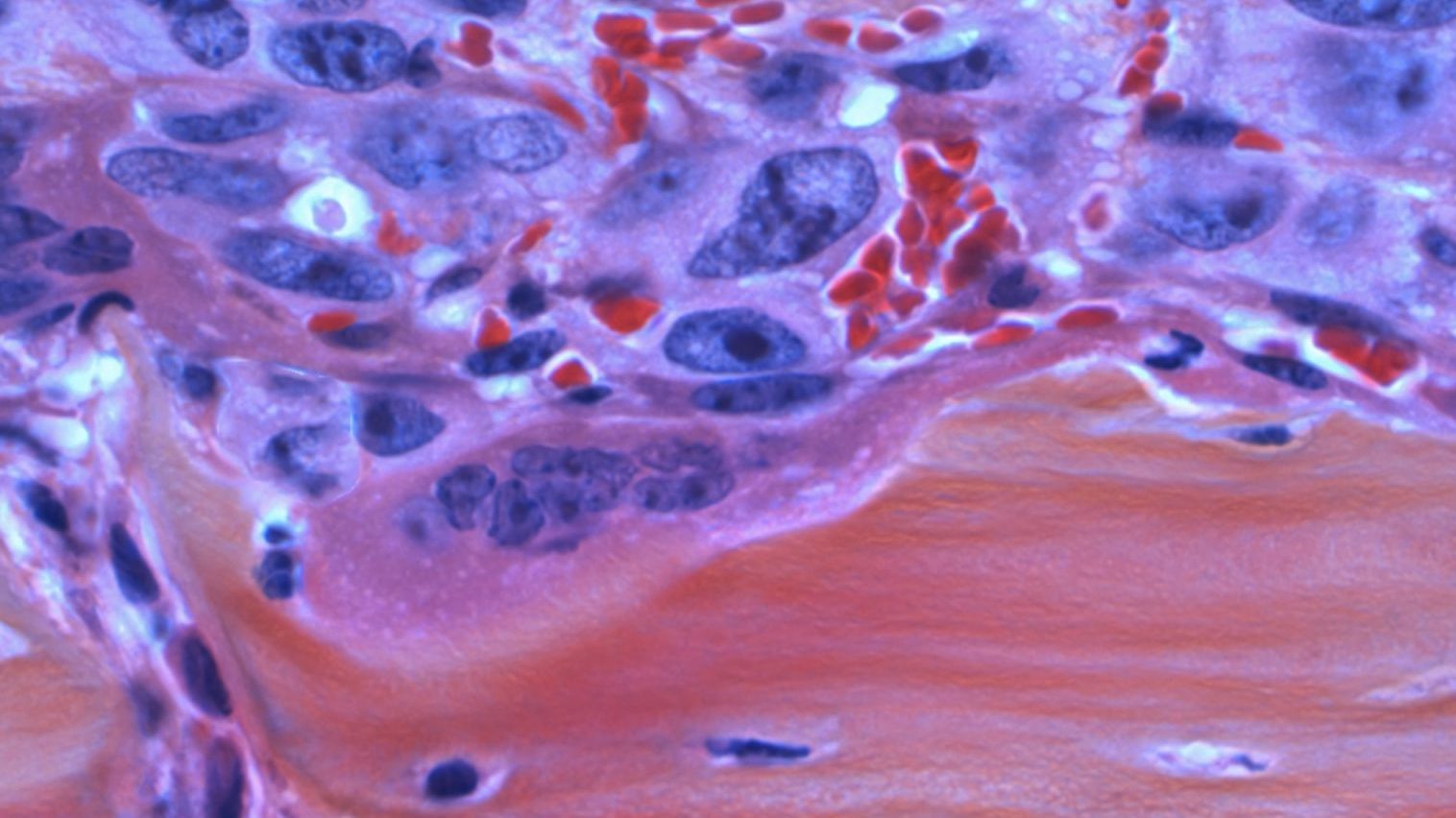Can Nanotech Noses Sniff Out Cancer?

What’s the Latest Development?
Using nanotechnology, researchers at the University of Pennsylvania have created bio-electrical circuits that can sense extremely small chemical variations, with possible applications in cancer diagnoses. By altering DNA strands to respond to a specific chemical even in very low concentrations, and attaching those strands to carbon nanotubes, scientists can differentiate between molecules made dissimilar by just one carbon atom. When the modified DNA strands come into contact with their target chemical, they produce an electrical signal which is picked up by the carbon nanotubes’ strong conductivity.
What’s the Big Idea?
The researchers’ next goal is to create the equivalent of a human nose by loading many DNA-based senors onto the highly conductive nanotubes, allowing them to function like the body’s olfactory receptors. Detecting minute chemical differences would have a wide range of applications. “For example, the chemical dimethylsulfone is associated with skin cancer. The human nose cannot detect this volatile but it could be detected with the new sensor at concentrations as low as 25 parts per billion.” The research, published in the American Institute of Physics’ journal AIP Advances, was funded by the National Science Foundation.
Photo credit: Shutterstock.com





